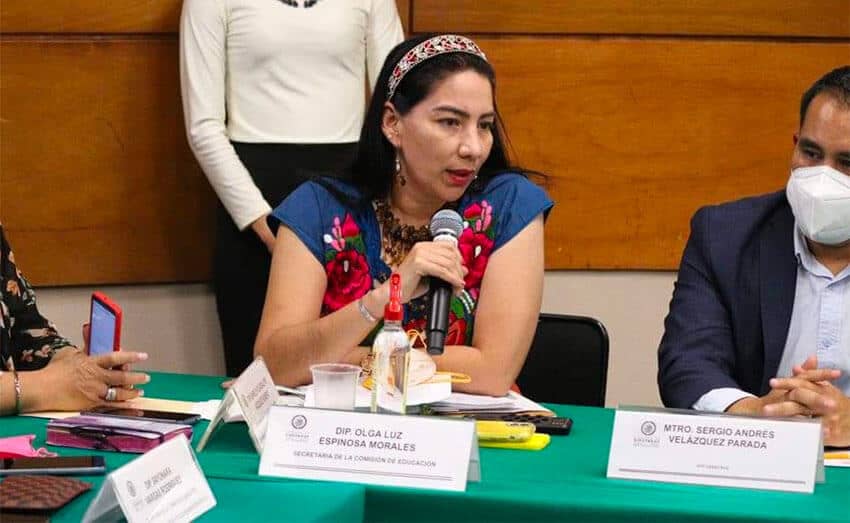As the commencement of daylight saving time approaches, politicians are once again questioning the value of changing clocks twice a year.
Clocks will spring forward one hour in most of Mexico early Sunday, giving people an extra hour of sunlight in the late afternoon.
President López Obrador, a longtime critic of daylight saving time – first introduced in Mexico in 1996 – brought up the issue once again at his morning press conference on March 23.
“Savings were spoken about, but it hasn’t been proven that electrical energy is really saved,” he said.
One person who agrees with the president is federal Deputy Olga Luz Espinosa, who has put forward a bill to eliminate the decree that established the clock-changing routine.
The Democratic Revolution Party lawmaker also argues that the introduction of summer time hasn’t spurred economic growth – as its proponents claimed – and has an adverse effect on people’s health.
A Chamber of Deputies study found that daylight savings time increases insecurity in the morning, has a negative impact on economic activities and doesn’t save electricity customers any money.
Espinosa’s proposal notes that the United States Senate passed a bill this month that would make daylight saving time permanent in the U.S. That bill still needs to be passed by the lower house and be signed by President Biden to become law.
The proposal to get rid of summer time in Mexico, rather than make it permanent, would “allow us to harmonize legislative times with our main trade partner,” according to Espinosa’s bill.
It cites 2021 research by the National Autonomous University’s Faculty of Medicine that found that the twice-yearly time change can cause or aggravate flu, drowsiness, eating and digestive disorders and headaches, among other problems.
“World Bank data shows that Mexico’s GDP has been in permanent decline since 2018,” the proposal says. “For that reason we can point out that summer time has not [positively] influenced the growth of the country.”

Earlier this month, Labor Party Deputy Gerardo Fernández Noroña also presented a proposal to eliminate daylight saving time.
He said there are abundant scientific and health reasons to get rid of the time change. “It’s time to stop harming the general public for the benefit of a few,” said Fernández, whose party is an ally of the ruling Morena party.
He said there is medical evidence that time changes affect people’s sleep, increase fatigue and irritability and cause mood swings.
With regard to electricity savings supposedly generated by changing the clocks, the Trust for Electrical Energy Savings determined that savings totaled 945 gigawatts in 2018. That quantity is sufficient to supply 592,000 houses with electricity for a whole year, the trust said.
But López Obrador, among others, is not convinced by the data. The president has asked the Energy Ministry to complete its own studies to determine whether electricity really is saved.
Supporters of daylight saving time could also point to a study by the National Institute of Electricity and Clean Energy that found that turning the clock forward an hour in 2006 avoided 1,427 tonnes of carbon dioxide being emitted into the atmosphere. The institute also determined that the quantity of fuel used to generate electricity declined by 2.75 million barrels during the six months of summer time.
Rosanety Barrios, an independent energy analyst and former Energy Ministry official, told the newspaper El País that it would be worth conducting a new study to determine whether such benefits have increased, decreased or stayed the same.
Sonora and Quintana Roo are the only two states where the time won’t change this Sunday. Neither state observes daylight saving time for economic reasons.
Thirty-three northern border municipalities in Tamaulipas, Nuevo León, Coahuila, Chihuahua and Baja California shifted to daylight saving time earlier this month at the same time as the United States.
While the debate in Congress – and beyond – about the pros and cons of daylight saving time rages on, there’s no escaping the fact that summer time will begin in most parts of Mexico at 2:00 a.m. Sunday.
So if you live in one of the 30 states that observes daylight saving time, put your analog clocks and watches forward an hour before you go to bed on Saturday night.
With reports from El País and El Universal
